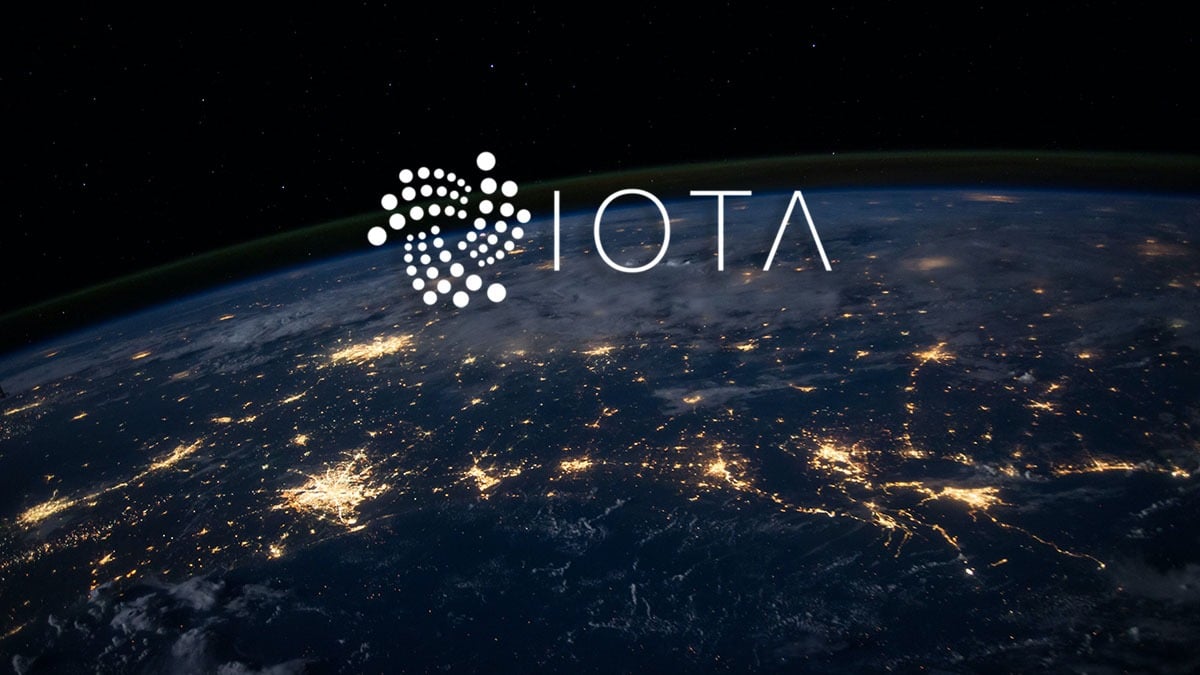Vitalik Buterin, the co-founder of Ethereum, the second-largest cryptocurrency by market capitalization, ignited a firestorm on social media in February 2019 with a tweet suggesting XRP, the native token of the Ripple network, might be “better sound money than Bitcoin.” This statement reignited the debate about the purpose and potential of these two leading digital assets.
Understanding the Battleground:
Bitcoin, launched in 2009, is often considered the “gold standard” of cryptocurrencies. Its core function revolves around being a decentralized, secure store of value and a medium of exchange. Bitcoin’s limited supply (capped at 21 million coins) and its distributed ledger technology contribute to its perceived value as a hedge against inflation.
On the other hand, XRP wasn’t designed to compete directly with Bitcoin as a store of value. Ripple, the company behind XRP, focuses on building a faster and cheaper global payments network for financial institutions. XRP acts as the intermediary currency within this network, facilitating cross-border transactions with lower fees and faster settlement times compared to traditional systems like SWIFT.
Buterin’s Viewpoint and its Implications:
Buterin’s tweet sparked controversy. Some XRP proponents saw it as validation of XRP’s potential to disrupt the financial industry. He pointed out XRP’s growing institutional adoption through partnerships with financial institutions like MercuryFX and SBI Holdings. These partnerships aim to leverage XRP’s speed and cost-effectiveness for cross-border payments.
However, Bitcoin supporters countered that XRP, unlike Bitcoin, lacks a finite supply and is centralized, as Ripple controls a significant portion of the tokens. This centralization could potentially manipulate the price and undermine its use as a “sound money” alternative.
The Evolving Landscape:
While the debate continues, both Bitcoin and XRP have seen significant developments. Bitcoin continues to hold its position as the leading cryptocurrency by market cap, but its scalability limitations and energy consumption remain points of contention.
XRP, on the other hand, faces regulatory uncertainty in the US as the SEC considers it a security. However, Ripple continues to forge partnerships and develop its technology.
Conclusion:
Ultimately, Bitcoin and XRP serve different purposes within the cryptocurrency ecosystem. Bitcoin remains a dominant force as a store of value, while XRP strives to revolutionize cross-border payments. Whether Buterin’s statement holds water depends on how these technologies evolve and the needs of the financial landscape in the future.
Important Note: It is important to acknowledge that the article you provided is from February 2019. The cryptocurrency landscape has changed significantly since then. While the core arguments about Bitcoin and XRP remain relevant, it’s important to consider more recent developments when evaluating these two projects.




